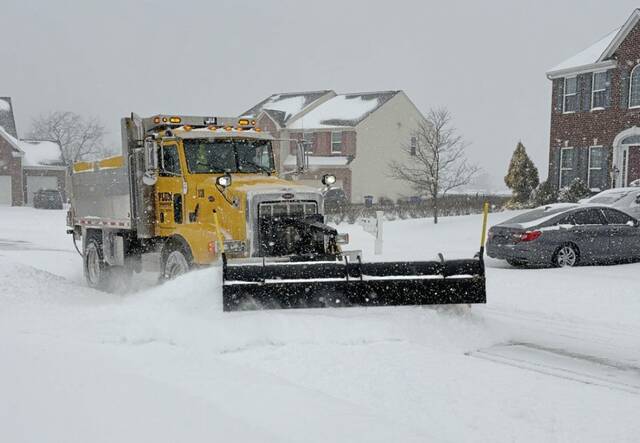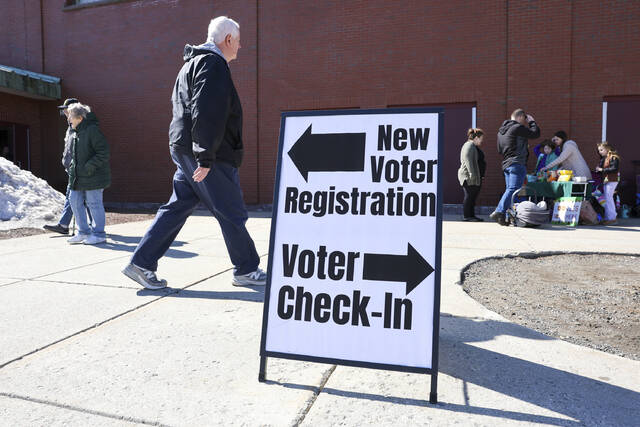Laurel: To a moonshot. Pittsburgh-based space company Astrobotic was set for a Christmas Eve launch of its lunar lander, but that was scrapped less than two weeks out. That move was attributed to “routine” ground system problems.
But a Christmas launch will come early in the new year as the Peregrine lander launches Jan. 8 on a Vulcan rocket from United Launch Alliance at the Cape Canaveral Space Force Station in Florida. The trip is more than a quick up-and-back journey, taking more than a month until a projected Feb. 23 moon landing.
It will be the culmination of years of work and huge investments, including $79.5 million from NASA for a lander capable of delivering scientific payloads to the northern part of the moon.
If successful, Astrobotic will be the first commercial company to land on the moon. That’s one amazing step for the company founded in 2007 and a pretty impressive leap for the cutting-edge scientific industry in Pittsburgh.
Lance: To low levels. If you want a measure of how dry this year has been, take a look at the Beaver Run Reservoir, where the water is down almost 11 feet from where it started the year. The Municipal Authority of Westmoreland County operates the 22,000-acre reservoir to provide water to more than 56,000 customers.
The water is getting drastically low, prompting the authority on Monday to institute a mandatory conservation order for consumers from Greensburg to Murrysville to Vandergrift to Saltsburg, although there are no penalties for breaking it.
This lance goes to Mother Nature, who has severely underperformed in the rain department in 2023. The average precipitation is 39.61 inches annually, but the National Weather Service has reported just 31.25 inches for the area this year. September and October were particularly dry.
But do we need to give some credit to humans? Penn State professor Michael Mann is an expert on climate change; he says that’s to blame.
“In general, we expect worse drought over most of the U.S. as a result of human-caused warming, and Western Pennsylvania is no exception,” he said.








